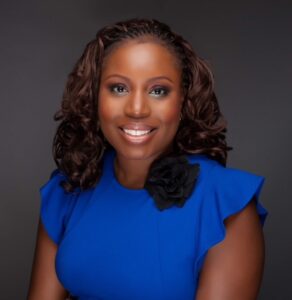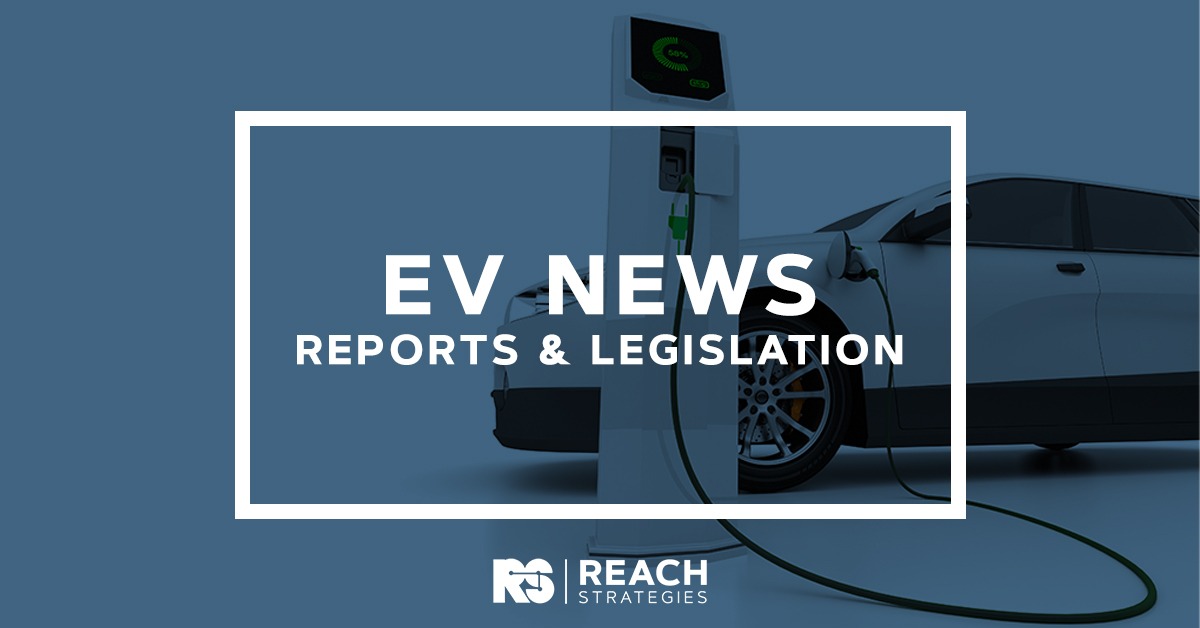Dr. Shelley Francis is an esteemed leader in the E-Mobility field. As the Co-Founder of EVHybridNoire, she engages a wide array of communities and paves the way for a healthier, safer, and more affordable EV future. We were lucky enough to interview Dr. Francis and gather her thoughts on the EV world, from what excites her about her field to what the future of EVs holds.
 1. How did you get started in the EV field?
1. How did you get started in the EV field?
I became exposed to the EV field as a former medical school professor who specialized in environmental public health. I saw that frontline and Black, Indigenous, and other communities of color were disproportionately impacted by air pollution, asthma, other respiratory illnesses, and cancers, and I started to pay attention to WHY this was happening and exploring how the social determinants of health were driving this issue. In addition, I have been driving an EV for about five years.
2. What excites you about working in the EV field?
What excites me the most about working in the EV field is that I am able to see the impact that our organization is having on the EV ecosystem and [how it shapes] conversations, new pilots, programs, and policies as well as encouraging Black and Brown people to try electric vehicles. I am excited to see people willing to shift their thinking so that EVs are more accessible to a wider audience. I’m so humbled and thankful to be able to use my education, training, and work experiences in public health, [use] research methods to be able to have a positive impact on so many communities, and do work that I am extremely passionate about.
3. What do you see as some of the challenges facing EV adoption?
Some of the challenges that we are facing are:
1) Building out EV infrastructure in a way that is equitable and inclusive,
2) Engaging diverse communities and subject matter experts to help design policy, programs and incentives that are inclusive and accessible,
3) Changing the paradigm of who drives and EV and normalizing that EVs are for all communities regardless of you are Black or White or live in a rural or urban community,
4) Moving away from using public policy as the magic public. Good policy is a piece of the puzzle, but not the only best practice, and
5) Engaging the right messengers to help increase awareness about multimodal EVs to communities previously left out of the discussions such as frontline and BIPOC communities.
4. What has been the most rewarding part of working with EVs?
Seeing EVHybridNoire’s growth and watching our members engaging and growing our membership and chapters [has been rewarding]. [Also rewarding is the opportunity to] see the community of Black and Latinx EV drivers and enthusiasts grow, as well as having the opportunity to connect with BIPOC EV enthusiasts in places like the continent of Africa and in the Caribbean (proud Grenadian here). We keep saying that the Caribbean Islands are the perfect test case for multimodal electric vehicles and we are excited to be working with partners in this region.
5. How can the environmental advocacy sector work toward more equitable practices?
Work with subject matter experts and organizations who have this expertise. They can utilize best practices.
6. There have been articles about how EVs exclude women from the conversation and marketing. What has it been like working as a woman in this field?
I can’t talk about my experience as a woman without talking about my experience as a Black or African American woman in this space. I don’t have the luxury of separating the two, and frankly [I] don’t want to. There are not a lot of us working in the e-mobility ecosystem - the ones who are in this space, we’ve tried to connect [with] and form a community, so that we can share opportunities and provide a sounding board and a safe space to encourage each other.
As part of our work, we are facilitating programs to get more Black, Latinx, and people of color into the e-mobility sector, into engineering programs, into the sciences via STEAM/STEM programs - and really show them that, hey, this is a cool space to work in. Part of the challenge is that young people need to see folks who look like them and who are reflective of their communities in these positions in e-mobility roles so that they know that there’s a career path for them in this sector. It’s important to our organization to move beyond consumerism; we want to create a space and opportunity for Black, Latinx, and Tribal community members and to take advantage of economic and workforce development opportunities associated with multi-modal electrification, including electric vehicles. I think there are definitely opportunities to change that narrative and provide education, training, mentorship programs, scholarships for women and individuals from African American, Latinx, and other frontline communities that have disproportionately borne the burden of the impact of transportation emissions to transition into these fields.
7. What are your predictions for the next few years in this space?
If I had a crystal ball…
-
- We are going to enter a green revolution with EVs accelerating at a rapid pace over the next 2-5 years.
- The Biden-Harris administration is going to put incentives, policies, and programs in place that will accelerate EV adoption to more diverse communities.
- We are going to see the end of what we know as charging deserts in frontline and rural communities.
- The U.S. will become one of the leading producers of EV batteries and EV components.
- The U.S. will adopt a national clean fuels/clean vehicle program.
8. Given that EV growth is anticipated to be vast in the years ahead, what advice would you offer to a newcomer to the field?
Jump in with both feet. Reach out to people who are doing things that interest you and schedule a coffee or phone call and hear how they got to where they are - you never know what nuggets you will learn. Also, read and stay up to date with what’s happening in the field. Identify a couple of good mentors to help you with your professional and career development. And take time to enjoy the field! There’s so much energy, excitement, and opportunity right now, it would be a shame to miss out on experiencing it.


 1. How did you get started in the EV field?
1. How did you get started in the EV field?

